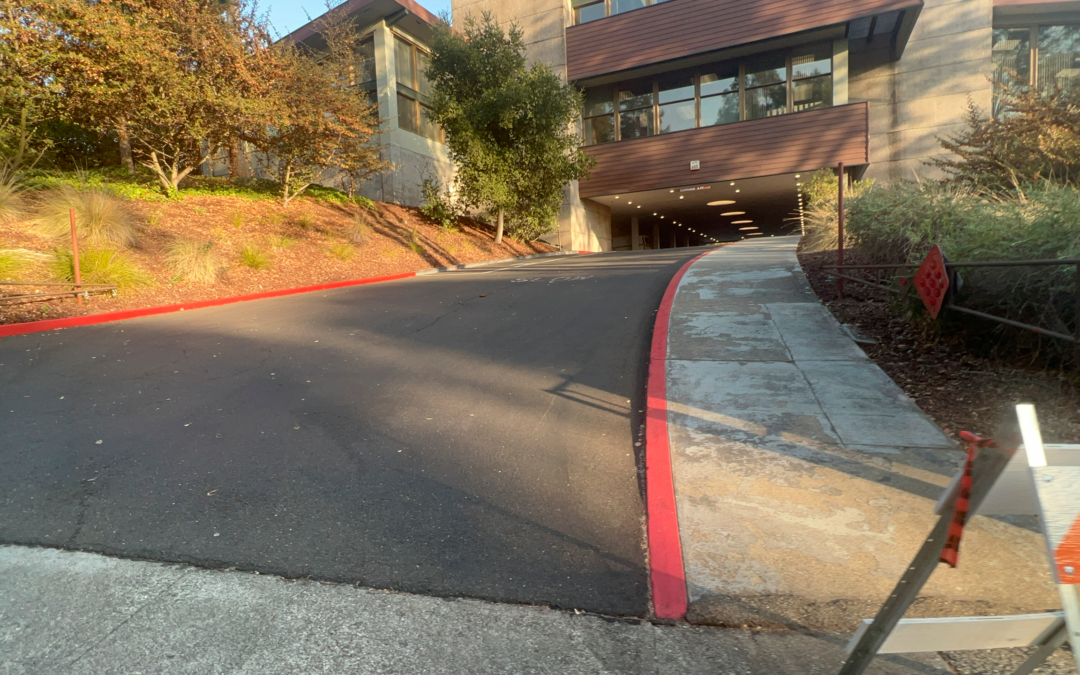Asphalt driveways are a popular choice for homeowners due to their durability, cost-effectiveness, and aesthetic appeal. However, not all asphalt is created equal, and choosing the best quality asphalt for your driveway can make a significant difference in its longevity and performance. In this comprehensive guide, we’ll explore the different types of asphalt, their properties, and how to select the best quality asphalt for your driveway.
Understanding Asphalt
Asphalt is a mixture of aggregates (such as sand, gravel, and crushed stone) and bitumen, a sticky, black, and highly viscous liquid or semi-solid form of petroleum. The quality of asphalt depends on the composition of these materials and the method of production. There are several types of asphalt used for paving driveways, each with its unique properties and benefits.
Types of Asphalt
Hot Mix Asphalt (HMA)
Description: HMA is the most common type of asphalt used for driveways. It is produced by heating asphalt to a high temperature (around 300°F) to make it workable and then mixing it with aggregates.
Benefits: HMA is known for its durability, ability to withstand heavy traffic, and resistance to cracking. It is ideal for regions with varying temperatures as it can expand and contract without damage.
Considerations: Requires professional installation due to the high temperatures involved. Best suited for warmer climates as it can become brittle in extreme cold.
Warm Mix Asphalt (WMA)
Description: WMA is produced at lower temperatures than HMA (between 200°F and 250°F), using additives to make it more workable.
Benefits: Reduced energy consumption and emissions during production, making it an environmentally friendly option. Easier to work with in cooler temperatures and can be laid over existing pavements.
Considerations: Slightly less durable than HMA, but advancements in technology are closing the gap.
Cold Mix Asphalt
Description: Cold mix asphalt is produced without heating the aggregates, using special binding agents to maintain its workability.
Benefits: Ideal for temporary repairs and patching, especially in cold weather. Can be stored and used as needed without the need for heating.
Considerations: Not as durable or strong as HMA or WMA, making it less suitable for full driveway installations.
Porous Asphalt
Description: Porous asphalt is designed with a network of interconnected voids, allowing water to drain through the pavement and into the underlying soil.
Benefits: Excellent for managing stormwater and reducing runoff. Helps in preventing water-related damages and flooding.
Considerations: Requires a well-designed drainage system underneath. Higher initial cost but can save money in the long run through reduced drainage infrastructure.
Key Factors in Choosing Quality Asphalt
Climate Compatibility
Temperature Extremes: Consider the temperature range in your area. HMA is suitable for warm climates, while WMA can be used in cooler conditions.
Rainfall and Drainage: If you live in an area with heavy rainfall, porous asphalt can help manage water runoff and prevent flooding.
Traffic Load
Residential Use: For standard residential driveways, HMA or WMA are typically sufficient.
Heavy Use: If your driveway will support heavy vehicles or frequent traffic, opt for HMA due to its superior durability.
Budget and Longevity
Initial Cost: Cold mix asphalt is cheaper upfront but lacks longevity. HMA and WMA have higher initial costs but offer better durability.
Maintenance Costs: Porous asphalt may have higher initial costs but can reduce long-term maintenance expenses related to drainage issues.
Environmental Impact
Production Emissions: WMA produces fewer emissions compared to HMA, making it a greener option.
Stormwater Management: Porous asphalt provides environmental benefits by reducing runoff and promoting groundwater recharge.
Installation and Maintenance
Professional Installation
Always hire a reputable contractor with experience in asphalt driveway installations. Proper installation is crucial for the longevity and performance of your driveway.
Regular Maintenance
Sealing: Regularly seal your asphalt driveway to protect it from the elements and extend its lifespan.
Repairs: Address cracks and potholes promptly to prevent further damage.
Cleaning: Keep the surface clean from debris, oil spills, and vegetation growth to maintain its appearance and functionality.
Conclusion
Choosing the best quality asphalt for your driveway involves considering various factors such as climate, traffic load, budget, and environmental impact. Hot Mix Asphalt (HMA) is a popular choice for its durability and performance, while Warm Mix Asphalt (WMA) offers environmental benefits and ease of installation in cooler temperatures. For areas with heavy rainfall, porous asphalt provides excellent stormwater management.

